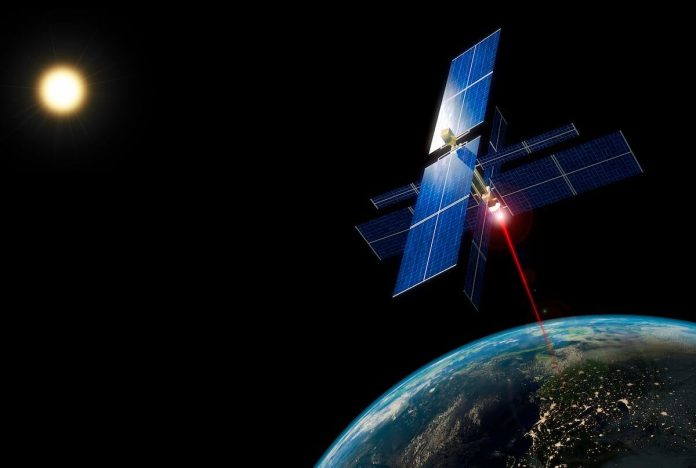The UK government has announced ?4.3 million ($5.4 million) in funding for space-based solar projects, which will go to UK universities and technology companies.
Space-based solar power involves setting up solar panels on satellites sent into space. The panels collect solar energy, and wireless technology can send the power back down to Earth, as explained by the UK government in a statement. Eight projects will be awarded portions of the funding.
One awardee is Cambridge University, which will receive funding to develop ultra-lightweight panels that can withstand higher levels of radiation found in space. MicroLink Devices, another recipient, is developing lightweight and flexible solar panels. Winner Queen Mary University is developing a wireless technology that can send solar power collected on satellites back to Earth.
Other winners include the Satellite Applications Catapult, which will be testing steering and beam quality of its satellite antenna technology in one project as well as studying the advancement of commercialized solar power from space in a separate awarded project, as Energy Voice reported.
The University of Bristol will receive funding to explore wireless power transfer and to provide evidence on safety and performance of space-based solar. Imperial College London is a winner tasked with studying benefits and impacts of space-based solar power. EDF Energy R&D UK Centre Ltd will receive a part of the funds to “improve knowledge of the value of introducing space based solar power into the UK’s grid,” according to a government statement.
According to officials, space-based solar power could improve energy security in the UK, lower utility bills for consumers and decrease the reliance on fossil fuels. According to a 2021 study, space-based solar power could generate 10 GW of electricity per year by 2050 and would create 143,000 jobs.
“We’re taking a giant leap by backing the development of this exciting technology and putting the UK at the forefront of this rapidly emerging industry as it prepares for launch,” Grant Shapps, Secretary of State for Energy Security and Net Zero, said in a statement. “By winning this new space race, we can transform the way we power our nation and provide cheaper, cleaner and more secure energy for generations to come.”
The UK joins several countries in exploring solar power projects in space. Earlier this month, researchers at the California Institute of Technology in the U.S. shared that their space-based solar power prototype was able to successfully beam power back to Earth for the first time.






